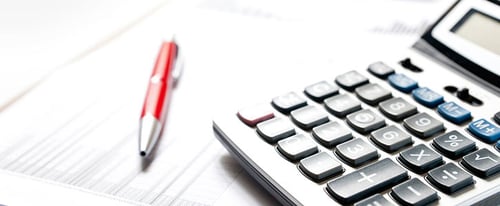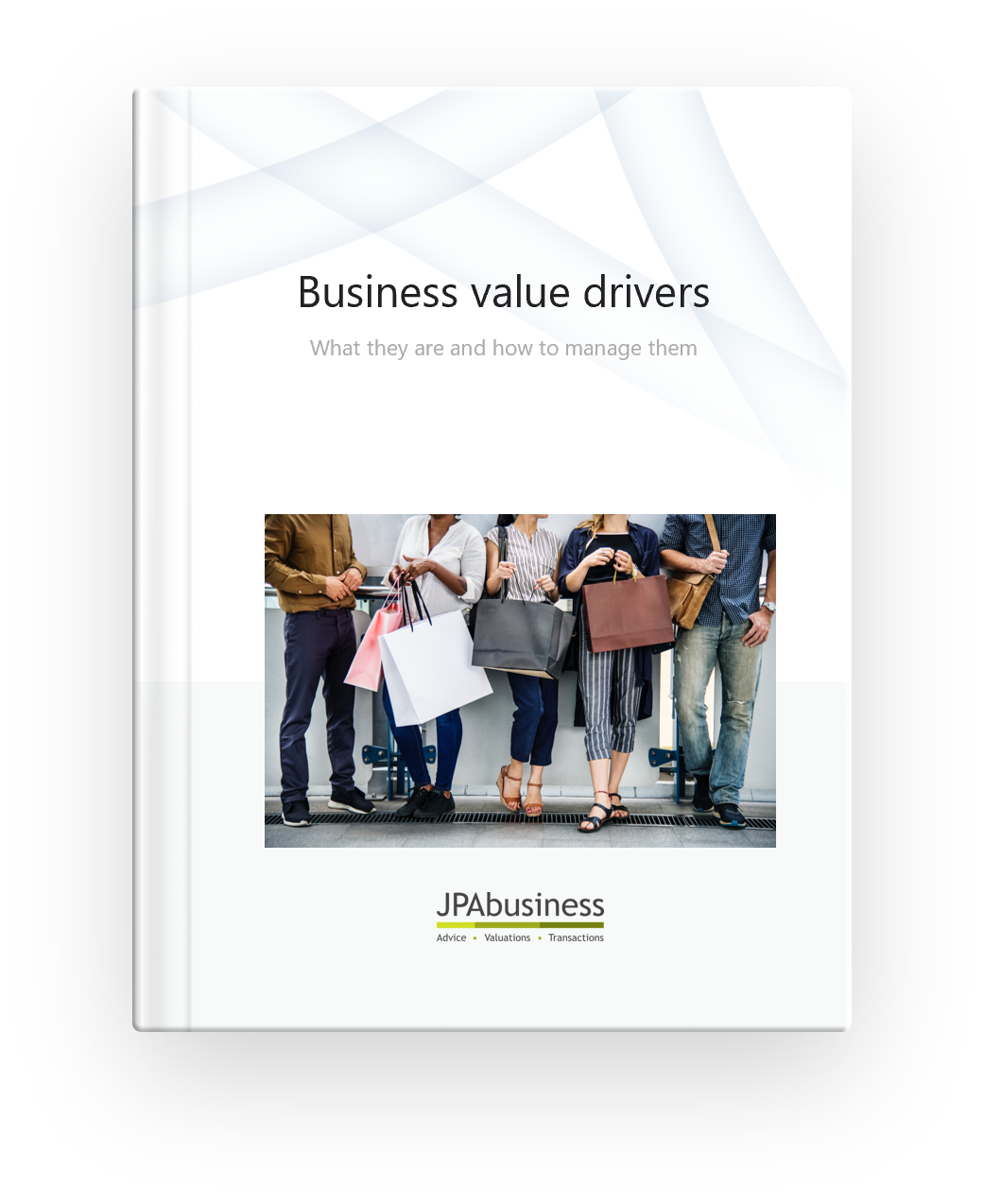 I had a chat with a prospective client the other day – a young guy in his mid-20s, with a business partner – who has embarked on starting a technology and communications business from scratch after graduating from university.
I had a chat with a prospective client the other day – a young guy in his mid-20s, with a business partner – who has embarked on starting a technology and communications business from scratch after graduating from university.
We were talking about a meeting I had had the previous day with a business owner who had started their business 30-plus years ago, and who is now aged in their 60s.
I recalled how I met up with this business owner to talk about sale, succession and business value, and, unfortunately, my assessment was that their wholesale industrial products distribution business was going to be very hard to ‘sell for value’ because of various factors.
I lamented that business owners often feel they only need to worry about a business’s value when they want to exit. In reality, they need to think of value as much along the way – while they’re operating the business – as when they want to sell/transact.
The young guy questioned me: ‘Then how often should a business owner get their business valued? Every five years, more often, less often?’
My response: Every year – haha!
He said: ‘Of course you would say that – you’re selling valuation services.’
Absolutely!
But seriously, I told him, you don’t necessarily need a valuer to get an idea of what to look for and consider in your business, to determine whether you are building value or not.
[The real benefit of a valuer is to get an independent, as well as market-related, perspective.]
How sustainable are your earnings?
When considering what a business is worth, the most important concept the market will consider is future maintainable earnings (FME), also known as sustainable earnings, or business maintainable earnings.
FME reflects the ability of the business to generate earnings into the future.
My advice to this young businessman was to sit down with his business partner at the end of each year and discuss the following: How sustainable are the business earnings that we just achieved?
Let’s say in your first year of trading you had sales of $350,000 and a profit before tax of $35,000.
Ask yourselves: How sustainable and likely is it that this result can (at least) be repeated in the next 12 months?
The young guy asked: ‘How do you figure that out?’
You can simply start by considering these questions:
- How vulnerable are the current sales and earnings to significant changes in external market forces, e.g. economic downturn, regulation changes, unforeseen events?
- How dependent is the revenue/earnings on key people (i.e. you two partners)?
- How exposed is the business to losing clients, and particularly those contributing a large amount of sales revenue?
- How dependent is the business’ revenue on partners or suppliers that you have little control over?
- How predictable is your revenue and earnings stream – do and charge, versus contracted or orders in advance, versus other?
As I told the young businessman, these were the key questions and issues I assessed when I met with the 60-something business owner.
Unfortunately, revenue in that business was severely impacted by external events and was not at all predictable, earnings before tax over the past five years were negligible (in fact, small losses) and the business was very reliant for business development, operations and marketing function on the owner, who was wanting to exit!
‘Okay,’ said the young guy. ‘So, after considering those questions, how do you arrive at a value?’
Well, I said, in terms of you and your partner going through these questions, it really should not be so much about assigning a $ value, as about using the process to pressure-test whether you are building value or not, and better understanding the levers for creating value. That will make you a better business owner and manager; more attuned to the critical drivers of value.

Are you paying yourself enough?
There’s one other important question, I told him – a threshold question you should ask even before those listed above: Did the business make a surplus after it paid you, as working partners, a reasonable market-related salary/wage for your personal exertion? If so, does that surplus amount seem enough for the risk, stress and obligations you have in the business?
The young guy jumped in: ‘Yeah, a good salary is important!’
Yes, I said, and unfortunately the owner I met yesterday was probably paying themselves 50% of what one would determine as a fair and reasonable market rate.
Ultimately, in the sustainable earnings concept we talked about earlier, FME is calculated based on a fully costed business, which encompasses all the expenses for the people, plant, materials and other items needed to run the business, including the personal exertion of the owners working in it.
So, when it comes time to value a business, if an owner is only paying themselves 50% of the market rate for their work, a reputable valuer will add on some additional expense to account for that.
[Note: That’s not to say you can’t or shouldn’t choose to pay yourself a modest amount and account for the rest via payment of dividends or other means – that’s an entirely separate issue and one on which you should seek your accountant’s or tax agent’s advice.]
Take responsibility for your business value
Engaging the services of a professional, reputable business valuer will obviously provide a much greater depth of analysis of your business position than asking yourself these questions, but a business valuer is not a silver bullet. For example, a professional valuation conducted once every five or 10 years is no substitute for asking yourself these questions at least once a year, and then acting on your findings.
Our advice is to check in with an accredited valuer every two to three years and, in the meantime, take responsibility for your own business value by regularly assessing whether you are building value, or detracting from it.
If you would like to know more about the questions to consider and/or would like assistance with a business valuation to get you started on managing the value of your business, please contact the JPAbusiness team on 02 6360 0360 or 02 9893 1803 for a confidential, obligation-free discussion.

